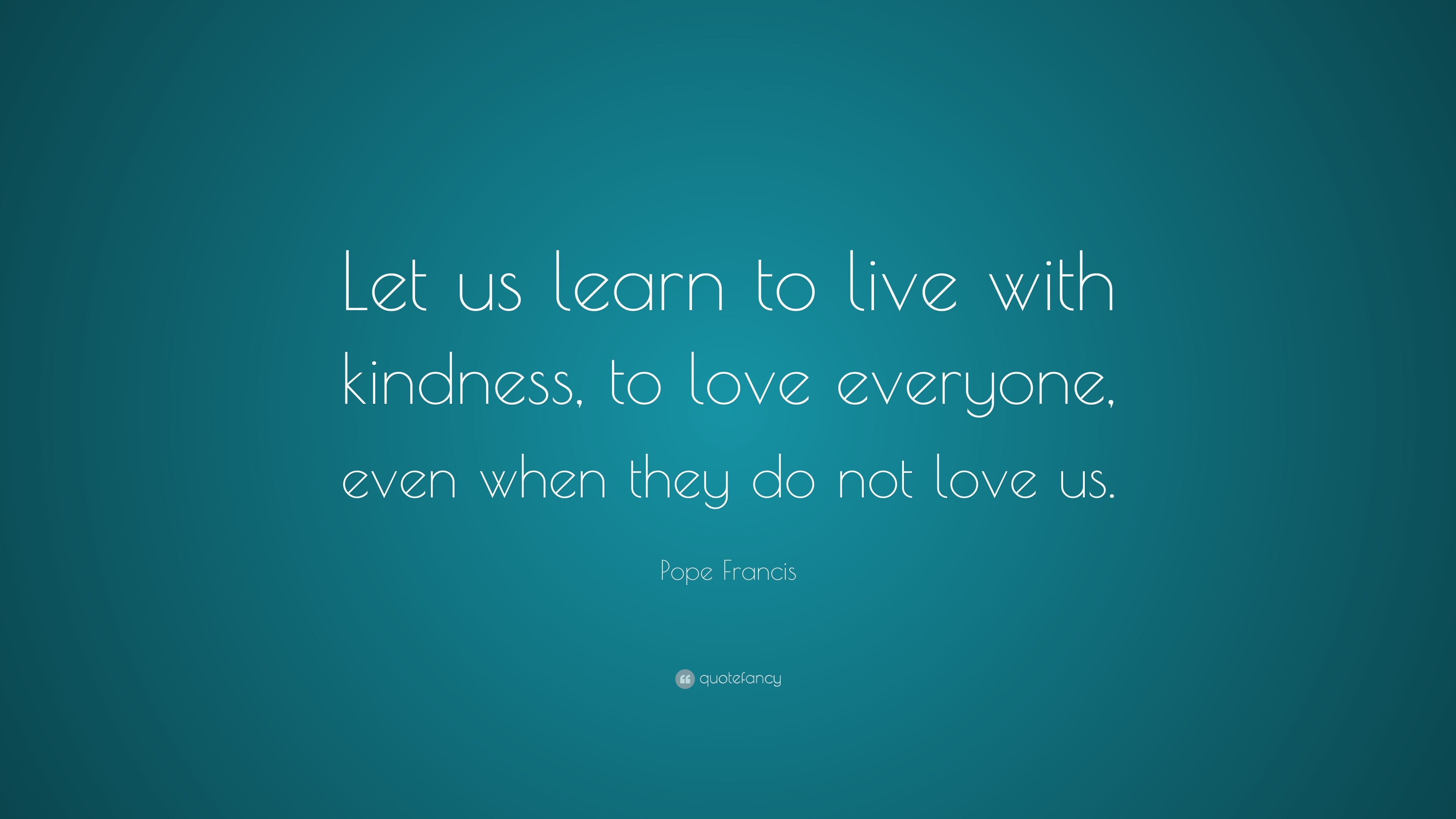Relations with North Korea have been a troubling issue for the last 70 years. The Korean War began on June 25, 1950, and relations have remained pretty much what they were 70 years ago. The Catholic Peace Weekly reported on a seminar on the public perception of North Korean Human Rights and the South.
In a survey made on North Korea's universal human rights, 64.6 percent of South Koreans said we should make it our concern; 30 percent said, it is an internal matter in North Korea, so we should not interfere.
The North Korean Human Rights Information Center made the following remarks at a seminar on the results of the "2020 North Korean Human Rights Survey" held in December. The survey was conducted for four days from November 27 last year. They randomly selected 100 men and women aged 19 or older living across the country and conducted telephone interviews with a 95 percent level of confidence. This is the seventh time since 2014 that a survey on public awareness and policy evaluation of North Korean human rights has been conducted.
In the survey, 43% of respondents expressed a need for pressure through cooperation from the international community on North Korea; second, improvement and support through steady dialogue (27.9%); expanding and revitalizing support for North Korea (15.9%); making known North Korean human rights infringements (9.3%).
Regarding human rights in North Korea, 58.9% of respondents said there is no possibility of further improvement, while 37.0% said there is a possibility of further improvement.
When asked about the awareness of the situation and improvement of human rights in North Korea, 21% of respondents answered that it is 'deteriorating'; 16.5% answered that it is 'improving'; and 53.2% answered that it is 'unchanged'. It turned out that more than half of the people perceived that human rights in North Korea were poor.
In the questionnaire on the possibility of improving human rights in North Korea, 58.9% answered that there is no possibility of further improvement; 37% said there is a possibility of further improvement. Regarding the need to prepare for a change and to punish the perpetrators of human rights violations in the North, 62.7% answered that it is necessary and 28.9% answered that it is not necessary.
Regarding the countermeasures that the South Korean government should take in the event of a large-scale North Korean refugee outbreak, 37.9% of respondents answered that they should be accepted because they are our compatriots, but 48.7% said, they should be selectively accepted in consideration of our economic capacity and diplomatic burden. 12.2% responded that they should not be accepted, and the way they looked upon the refugees was colder than expected.
Regarding the activities of North Korean human rights groups, 59.7% said they were helpful, while 38.4% said they were not helpful. Also, 60.3% of respondents answered the government and private organizations should cooperate investigating human rights infringements in North Korea, and 21.6% thought international organizations should do it alone. Only 3.4% desired private proceedings.
The director of the Center for Human Rights information on North Korea, said, allowing private research institutes to investigate and research the results of the Unification Ministry's North Korean Human Rights approach will be an institutional and civilian response to improve human rights in North Korea.



